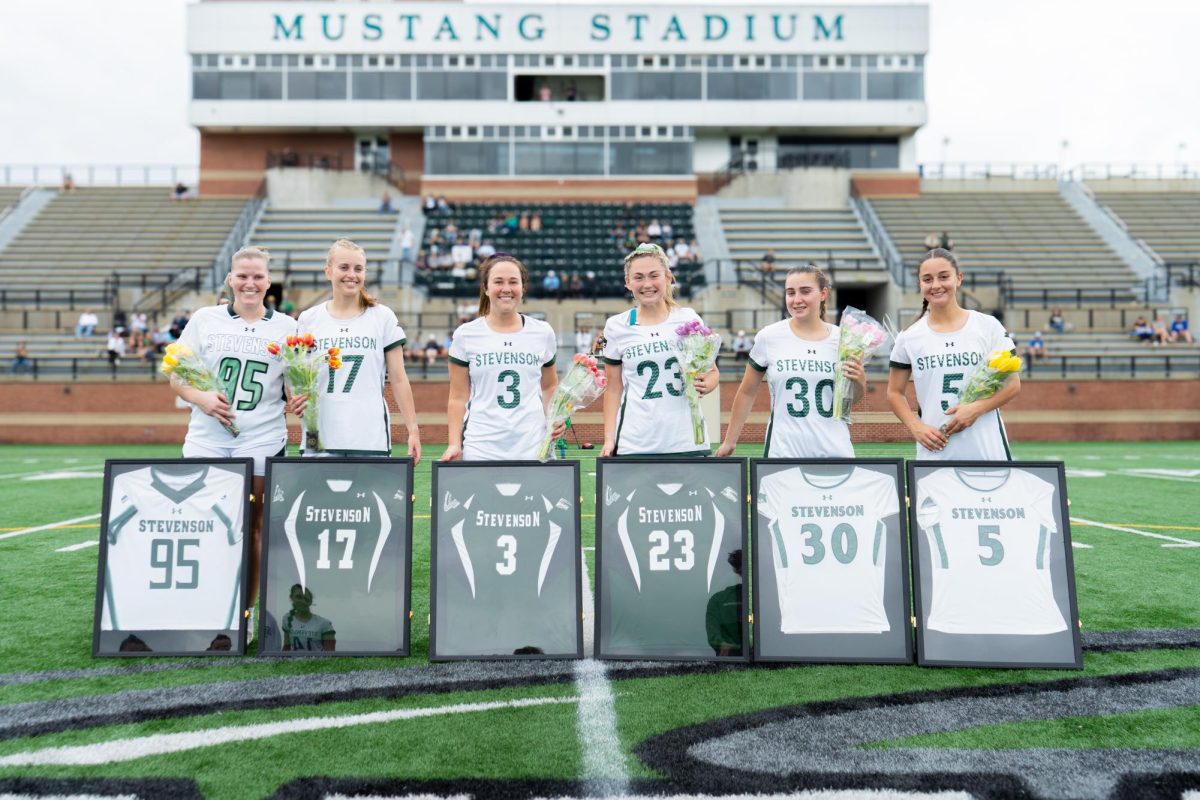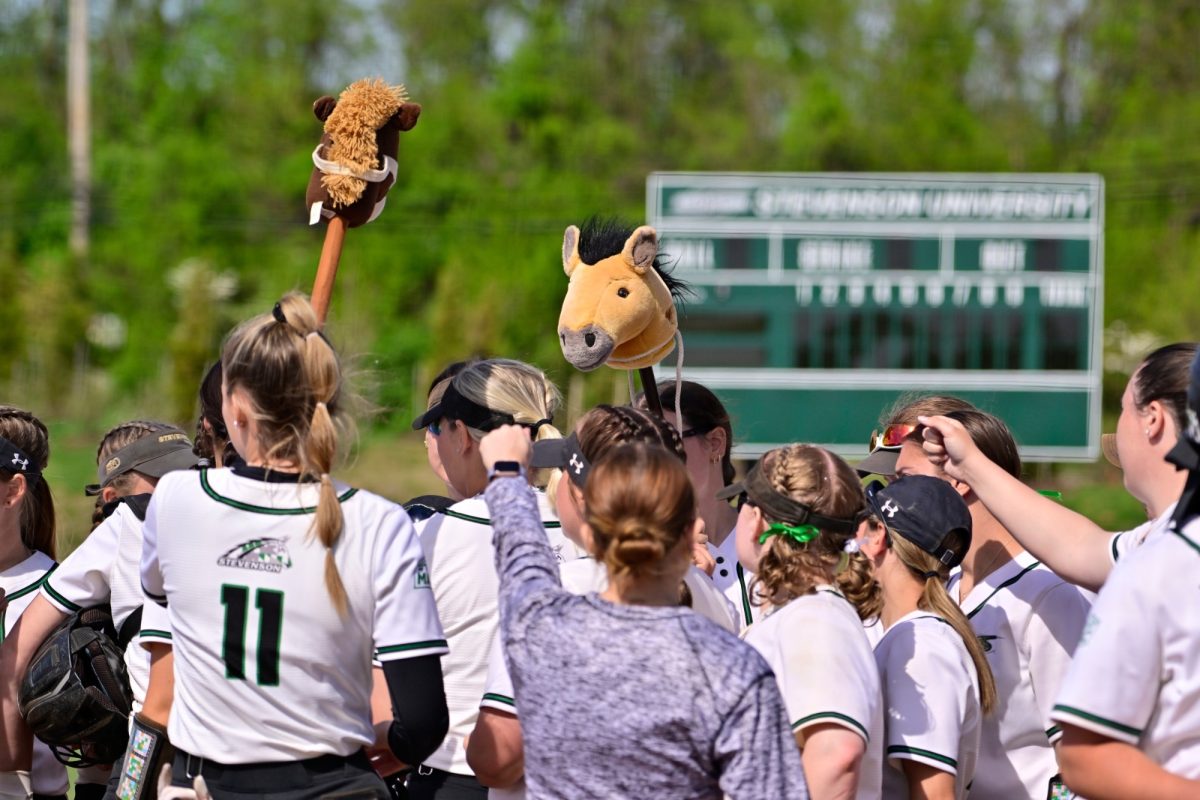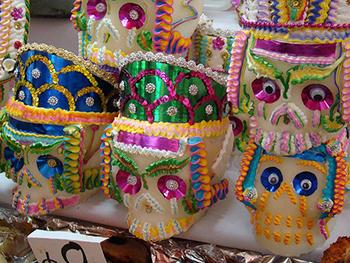La Día de los Muertos, or the Day of the Dead, is a holiday celebrated on Nov. 2 in Hispanic cultures to honor loved ones who have passed away. Famously celebrated with colorful and intricate sugar skulls, the holiday has roots in other religious celebrations.
“[La Día de los Muertos] makes you reflect on your after life and the consequences of your actions,” said Chris Noya, assistant professor of business communication and faculty advisor of the Organization for Latin American Students (OLAS).

ORIGINS OF THE DAY OF THE DEAD
The beginnings of la Día de los Muertos are rooted in the Catholic faith. Nov. 1 is All Saints Day and in the Hispanic faith, it is called la Día de los Innocentes or Angelitos. Children who have passed are specifically remembered on this day. La Día de los Muertos is known as All Souls Day in the Catholic faith, and loved ones are remembered by writing their names in a book at church.
The holiday is celebrated most extensively in the Mexican culture, though each Hispanic culture has its own ways of celebrating the day. Mexico is known for the traditional images of la Día de los Muertos, including colorful sugar skulls and bountiful items placed on altars or graves of loved ones, including favorite foods, drinks, flowers and candles.
CELEBRATING THE DEAD
Other countries have traditions of celebrating, including food and colorful kites in Guatemala, scary costumes for Puerto Rico and placing food and pictures on graves in El Salvador. Each country, region and family has its own way of celebrating, but the common thread of honoring those who have passed remains at the center of the holiday.

According to Lince Quintanilla, sophomore early childhood education major and president of OLAS, this year the club will celebrate the Mexican way by creating and filling an altar; decorating sugar skulls with icing, feathers and flowers; and using face paint to create images of skulls to celebrate the dead.
REMEMBERING THE DEAD
In addition to honoring loved ones, the celebration also serves as a reminder that death is not to be feared.“We see that once we depart from this world, we will be honored and remembered by our closest friends and family,” said Ana Villa Abarca, biochemistry major and vice president of OLAS.
Abarca’s family in Mexico honors its loved ones, including her grandparents and uncle, with “ofrendas,” or altars, filled with their favorite foods and drinks. As Abarca along with some other family members now live in the United States, a family gathering is held where they pray, remember those who have passed and eat tomales and atole.


























































